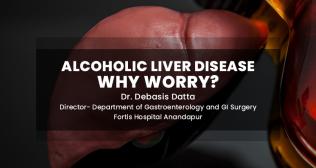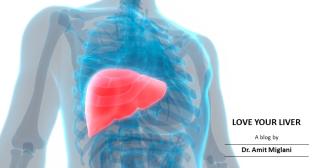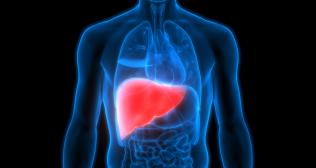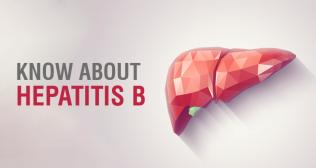
Know the ABC of Viral Hepatitis
Viral Hepatitis is caused by infections with liver-tropic virus viz, Hepatitis Virus A/B/C/E. Hepatitis refers to inflammation of the liver, which can be caused by various factors, including viral infections, excessive alcohol consumption, certain medications, toxins, autoimmune diseases, and metabolic disorders. It is a significant health concern worldwide and can lead to severe liver damage if not properly managed.
There are several types of viral hepatitis, designated by letters A, B, C, D, and E. Each type is caused by a different virus and has its own mode of transmission, symptoms, and potential outcomes:
Know About Viral Hepatitis A & E:
Hepatitis A and E are food and water-borne and mostly self-limiting viral illnesses and rarely require admission to hospital and in very rare cases cause severe liver failure leading to coma necessitating advanced healthcare management such as plasma exchange and Liver transplant. While the other 2 viruses B & C cause slowly progressive chronic illness very frequently leading to Chronic/End stage liver disease if not detected and treated timely.
Know About Hepatitis B:
Hepatitis B is the most deadly and prevalent Viral Hepatitis in India. Hepatitis B is a vaccine-preventable liver infection caused by the hepatitis B virus (HBV).
Hepatitis B is spread when blood, semen, or other body fluids from a person infected with the virus enters the body of someone who is not infected. This can happen through sexual contact; sharing needles, syringes, or other drug-injection equipment; or from mother to baby at birth. Not all people newly infected with HBV have symptoms, but for those that do, symptoms can include fatigue, poor appetite, stomach pain, nausea, and jaundice.
For many people, hepatitis B is a short-term illness. For others, it can become a long-term, chronic infection that can lead to serious, even life-threatening health issues like cirrhosis or liver cancer. About 90% of infants with hepatitis B go on to develop chronic infections, whereas only 2%–6% of people who get hepatitis B as adults become chronically infected.
The best way to prevent hepatitis B is to get vaccinated. If you are at high risk, a simple blood test can diagnose it and if required only a single tablet daily can control it. The best way to prevent it is getting vaccinated for Hepatitis B with 3 doses.
Know About Hepatitis C:
Hepatitis C is the silent Killer. Hepatitis C is a liver infection caused by the hepatitis C virus (HCV). Hepatitis C is spread through contact with blood from an infected person. Today, most people become infected with the hepatitis C virus by sharing needles or other equipment used to prepare and inject drugs.
For some people, hepatitis C is a short-term illness, but for more than half of people who become infected with the hepatitis C virus, it becomes a long-term, chronic infection. Chronic hepatitis C can result in serious, even life-threatening health problems like cirrhosis and liver cancer. People with chronic hepatitis C often have no symptoms and don’t feel sick. When symptoms appear, they often are a sign of advanced liver disease. There is no vaccine for hepatitis C.
The best way to prevent hepatitis C is by avoiding high-risk behaviors that can spread the disease, especially injecting drugs and unsafe sex. Getting tested for hepatitis C is important, because treatments can cure most people with hepatitis C in 8 to 12 weeks.
It's important to consult a healthcare professional for proper diagnosis, management, and treatment of hepatitis.
Categories
Clear allMeet the doctor

- Gastroenterology and Hepatobiliary Sciences | Gastroenterology
-
12 Years
-
1200



















